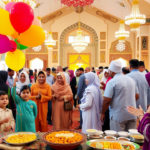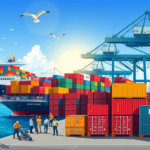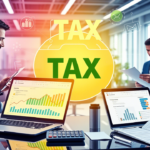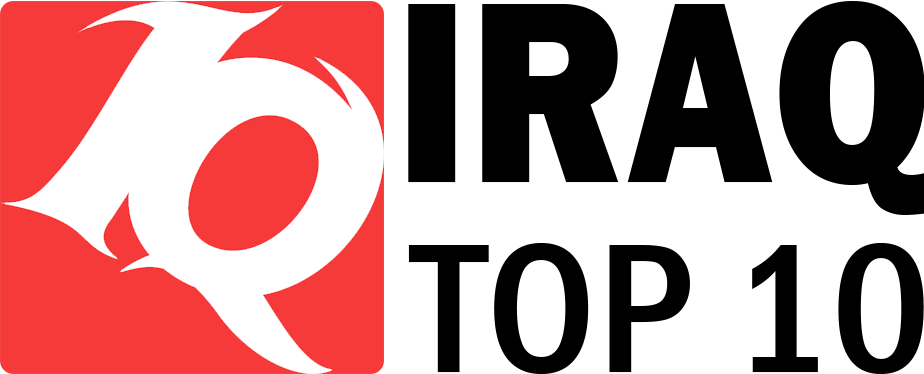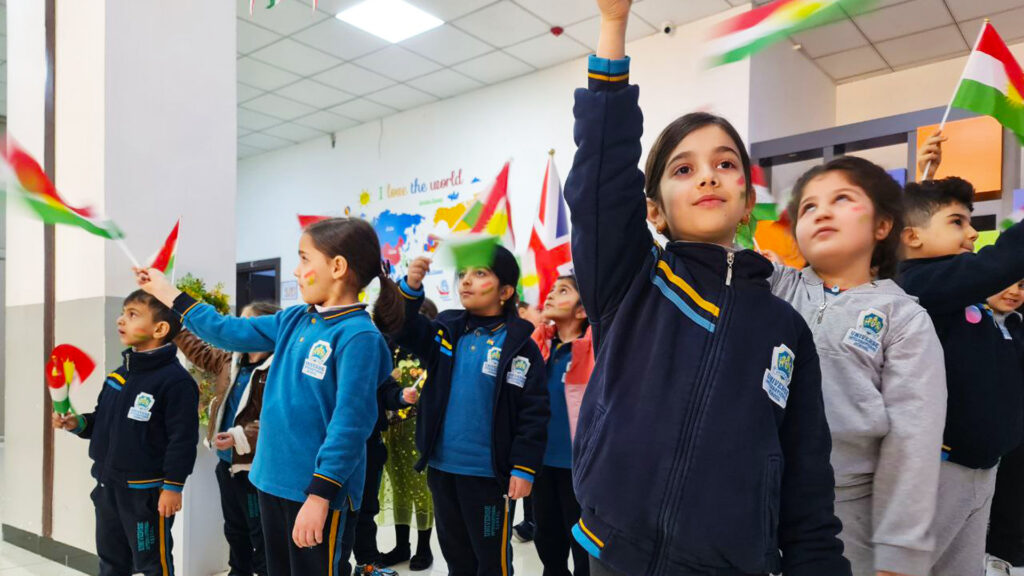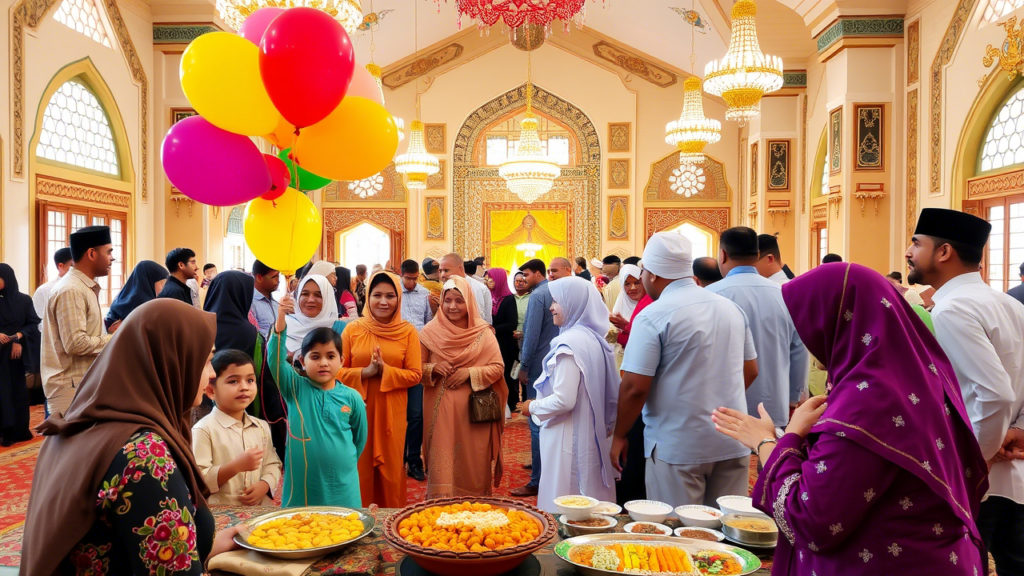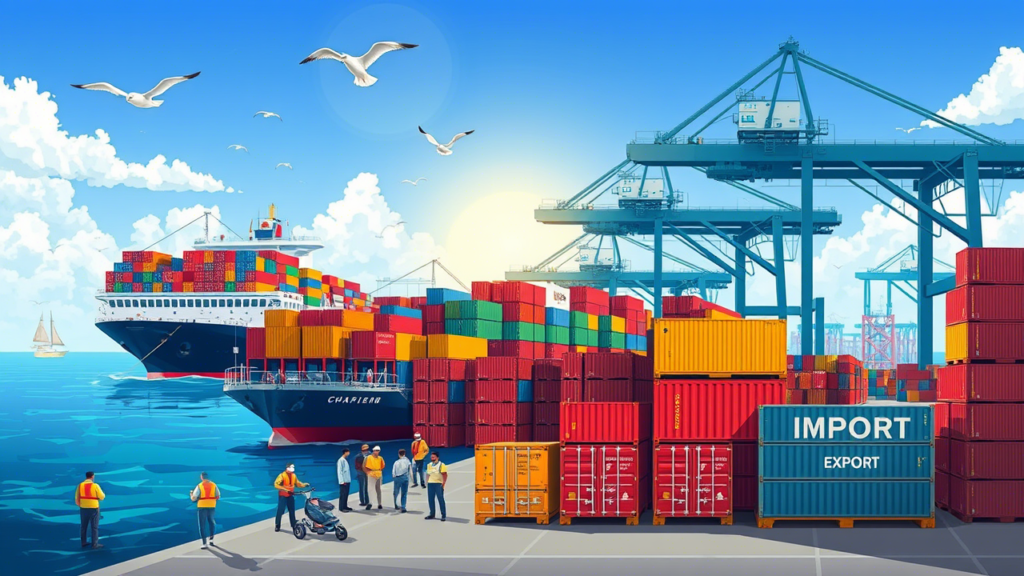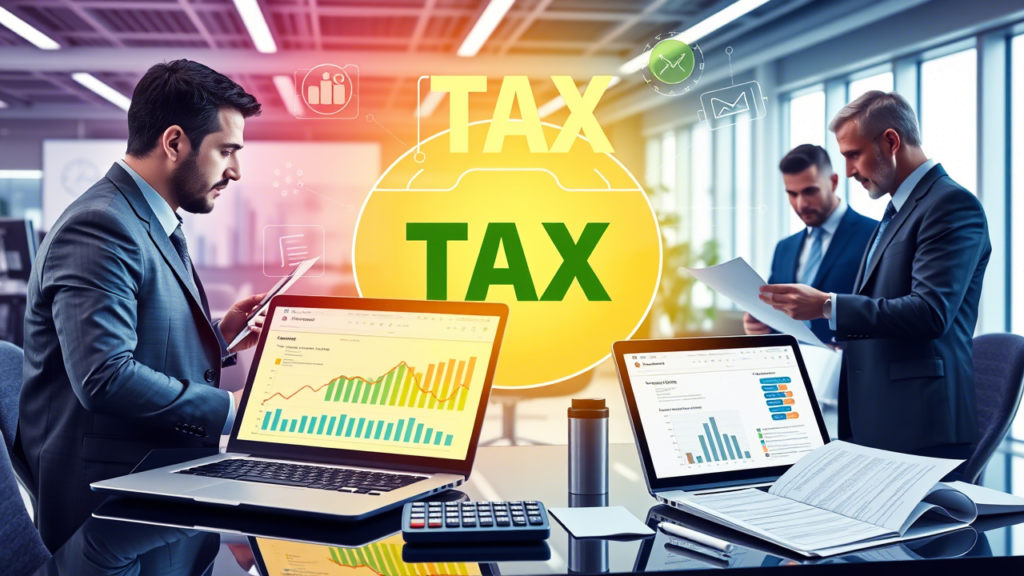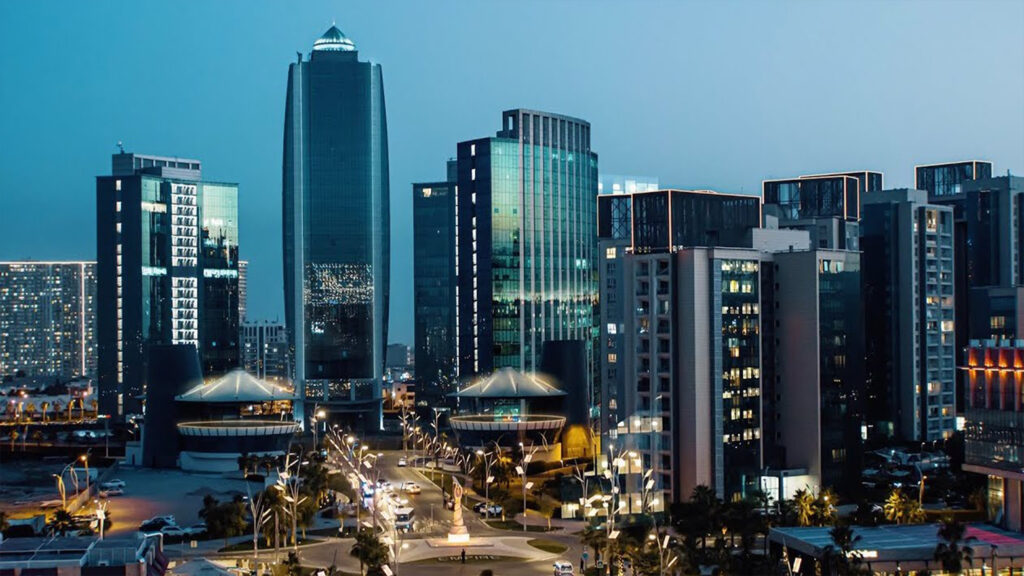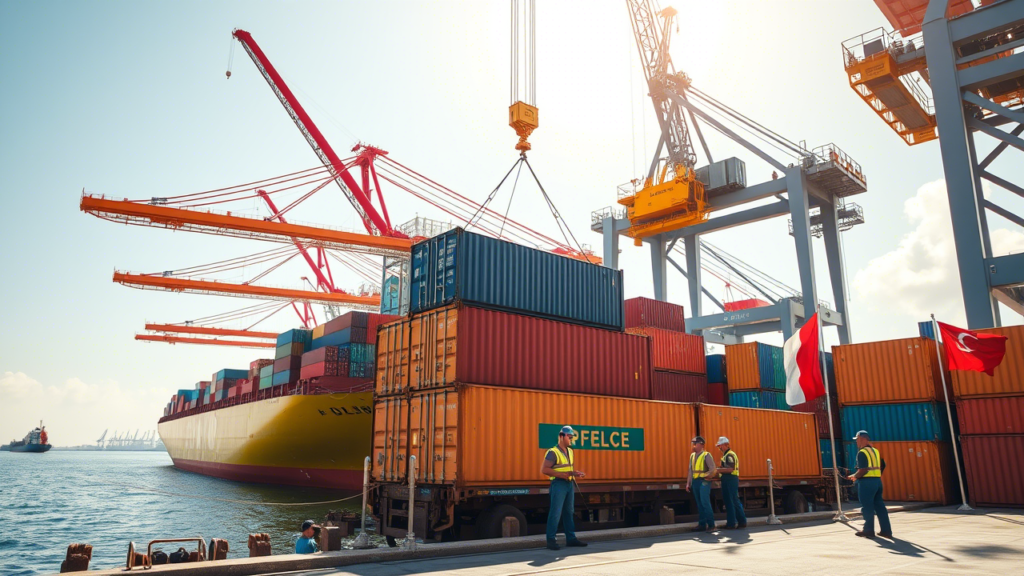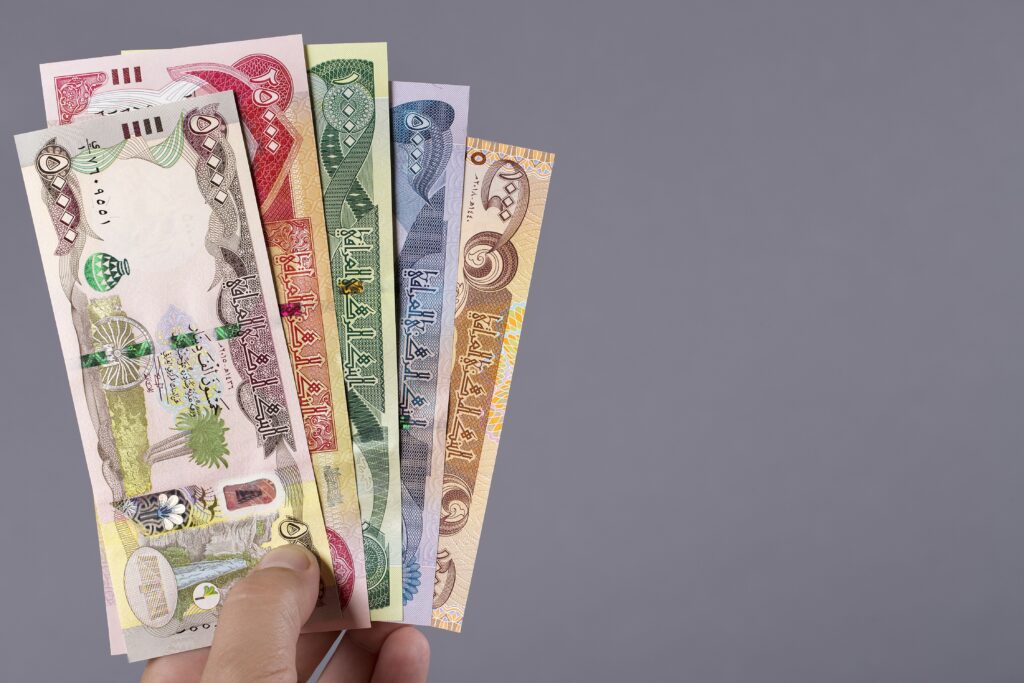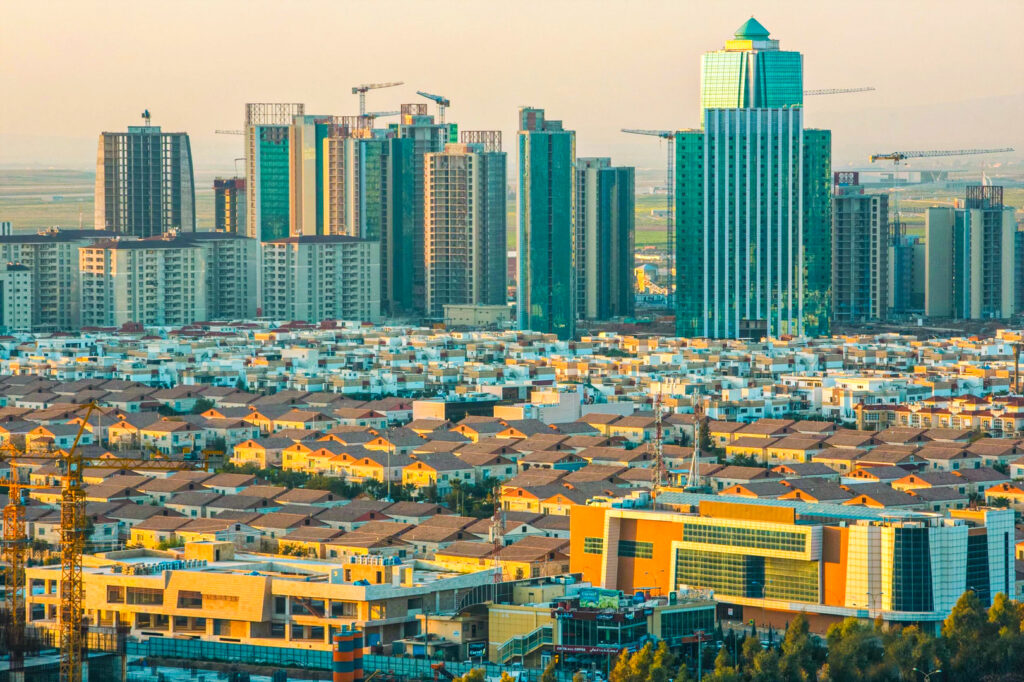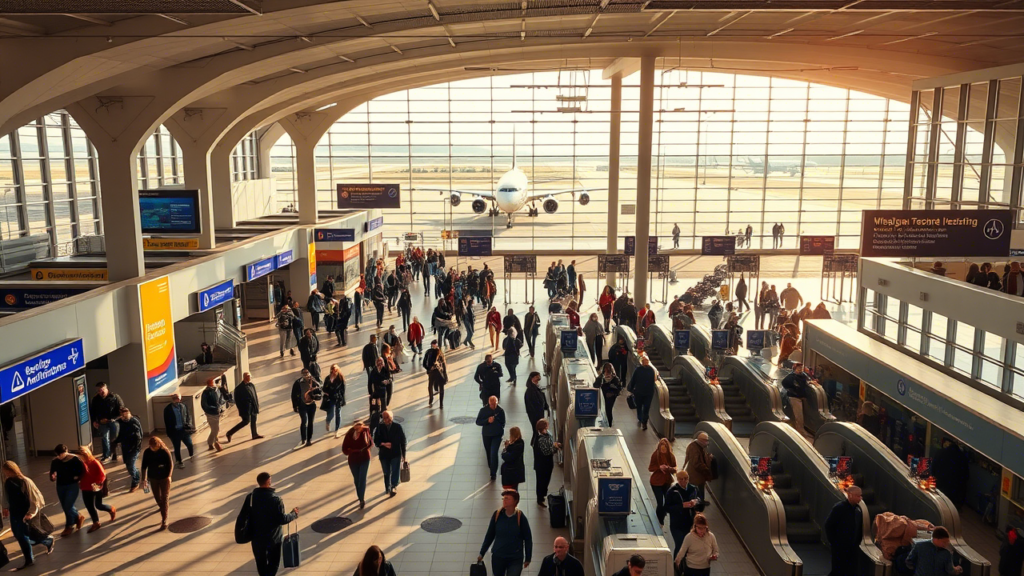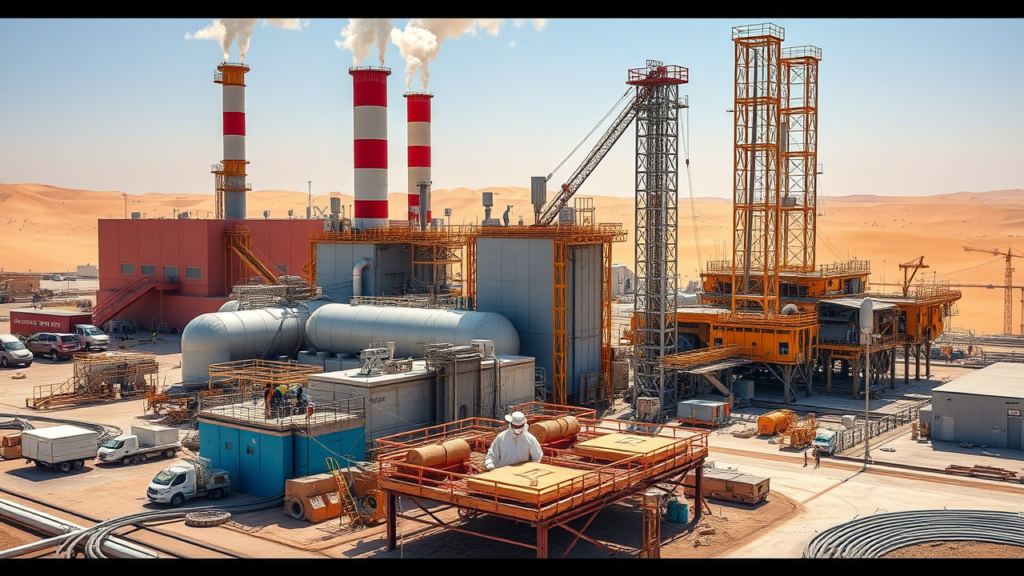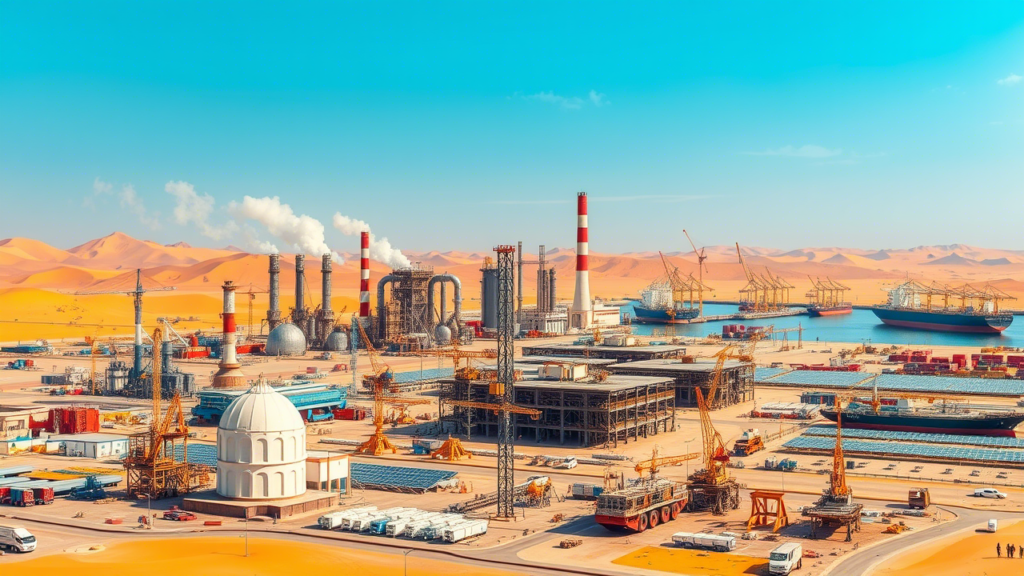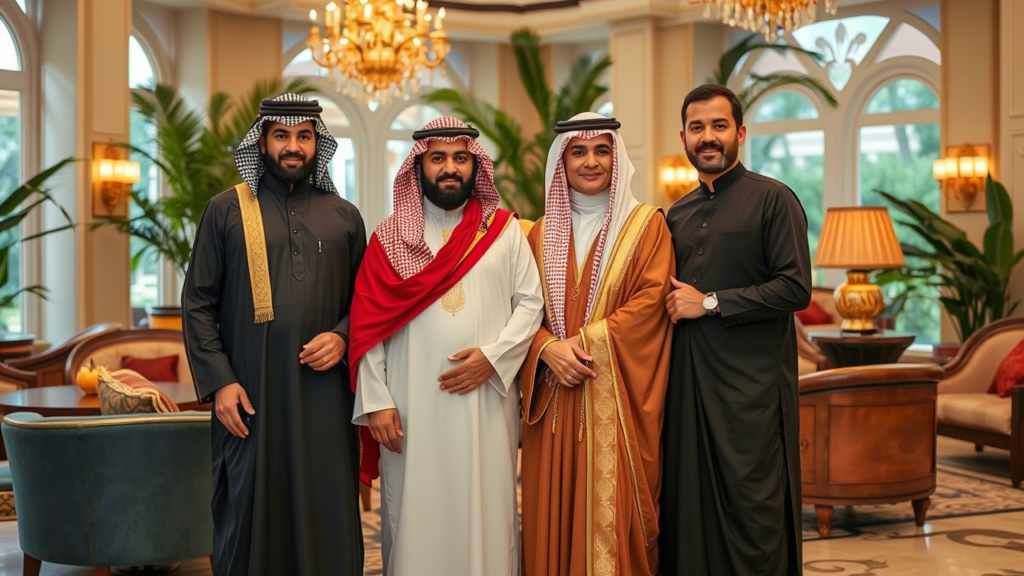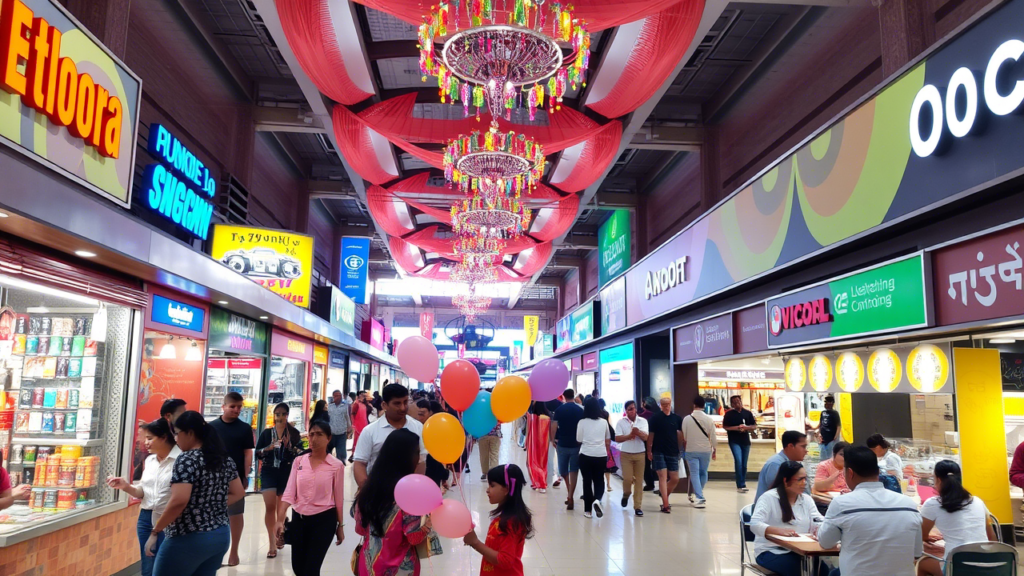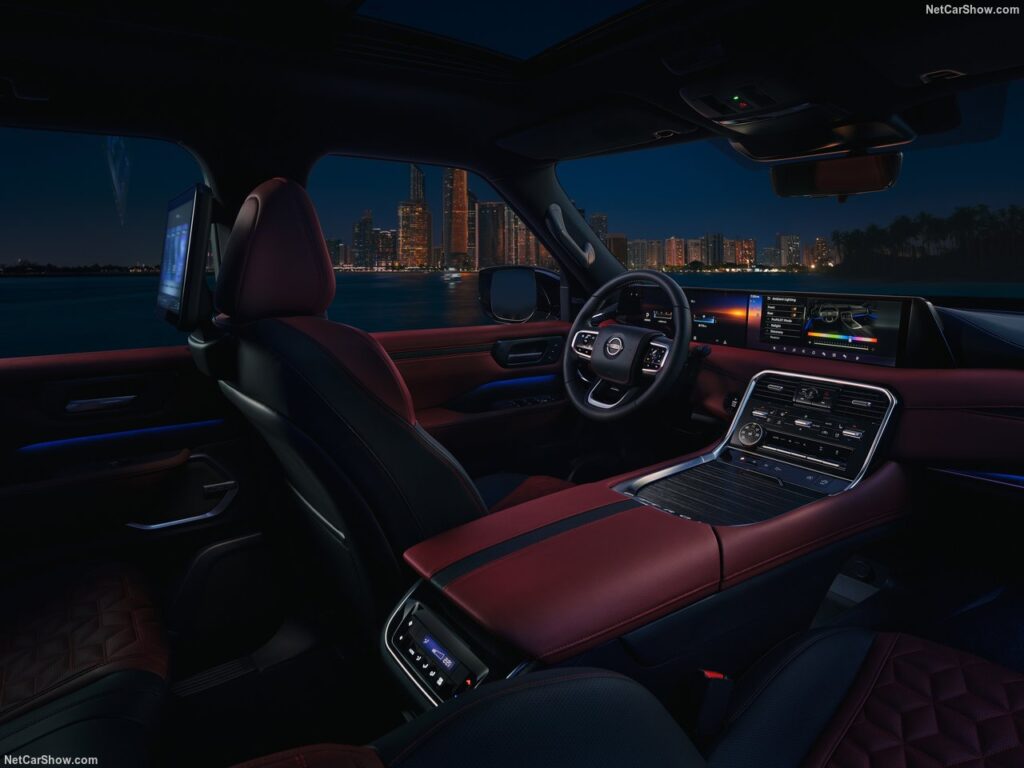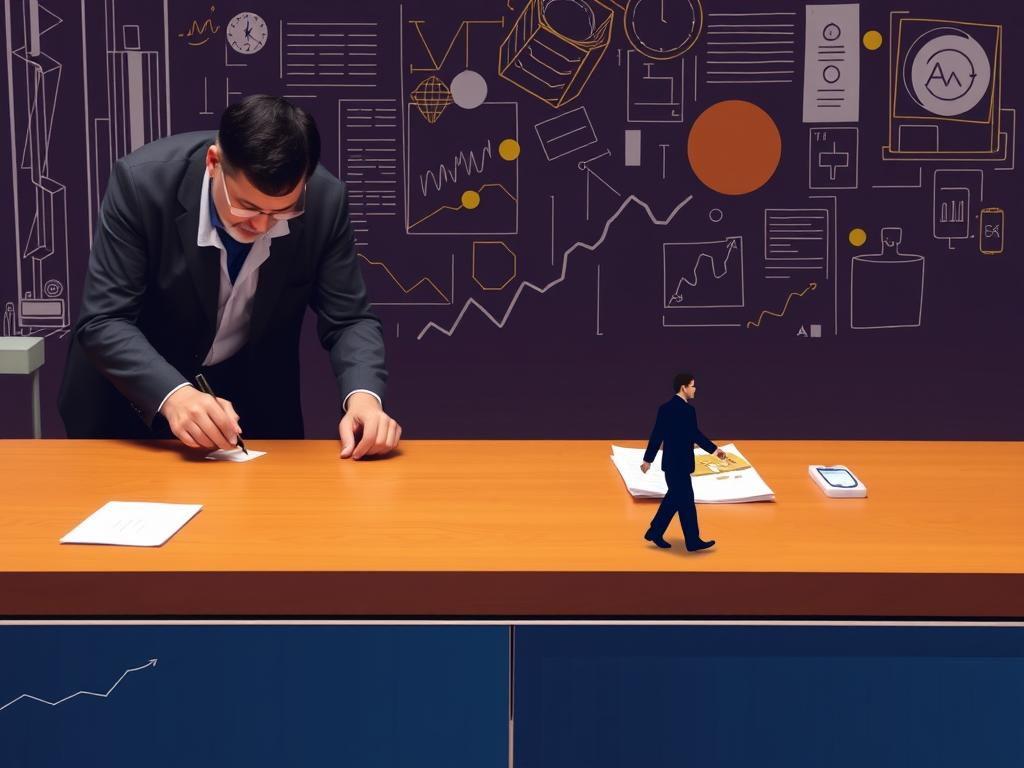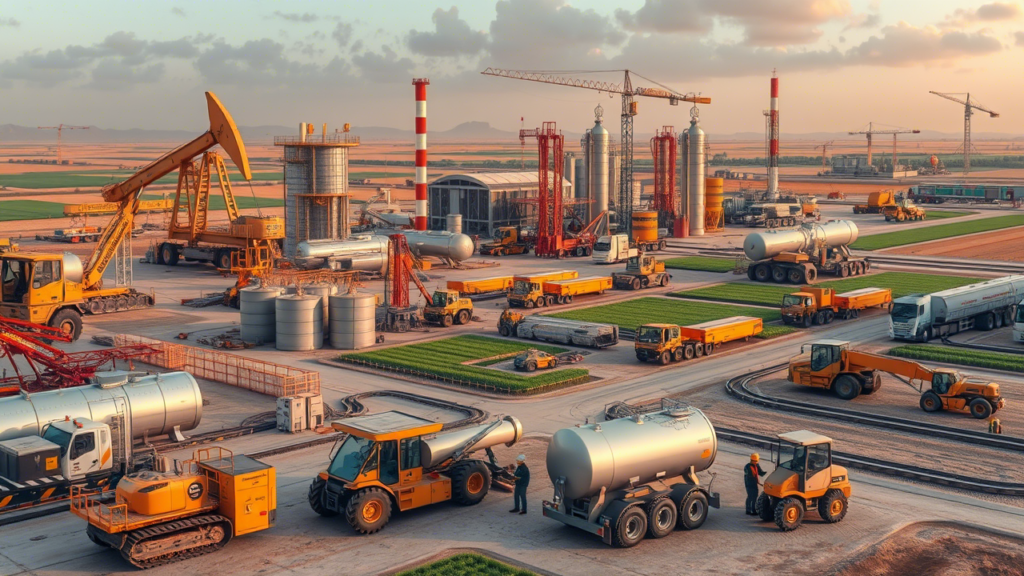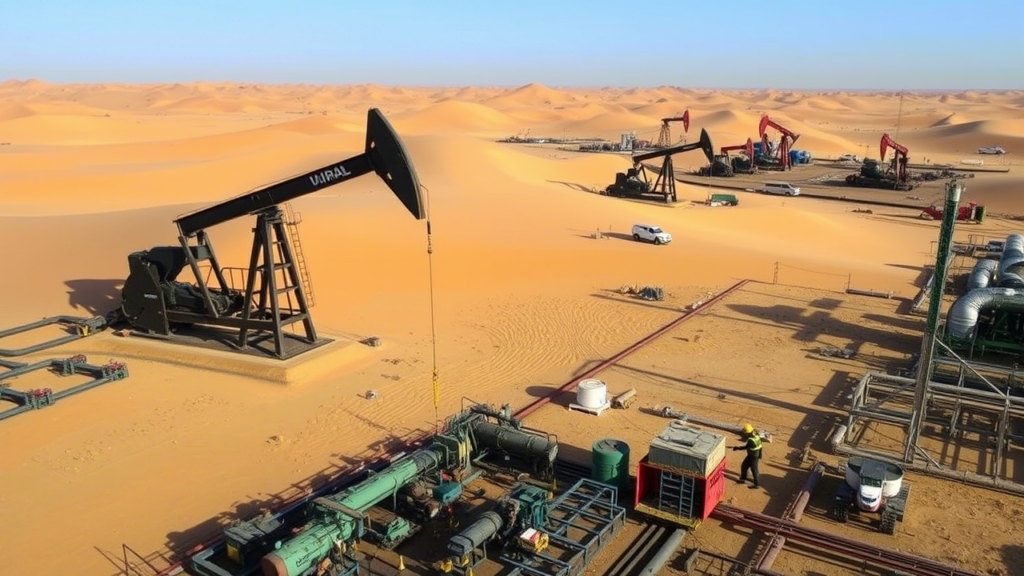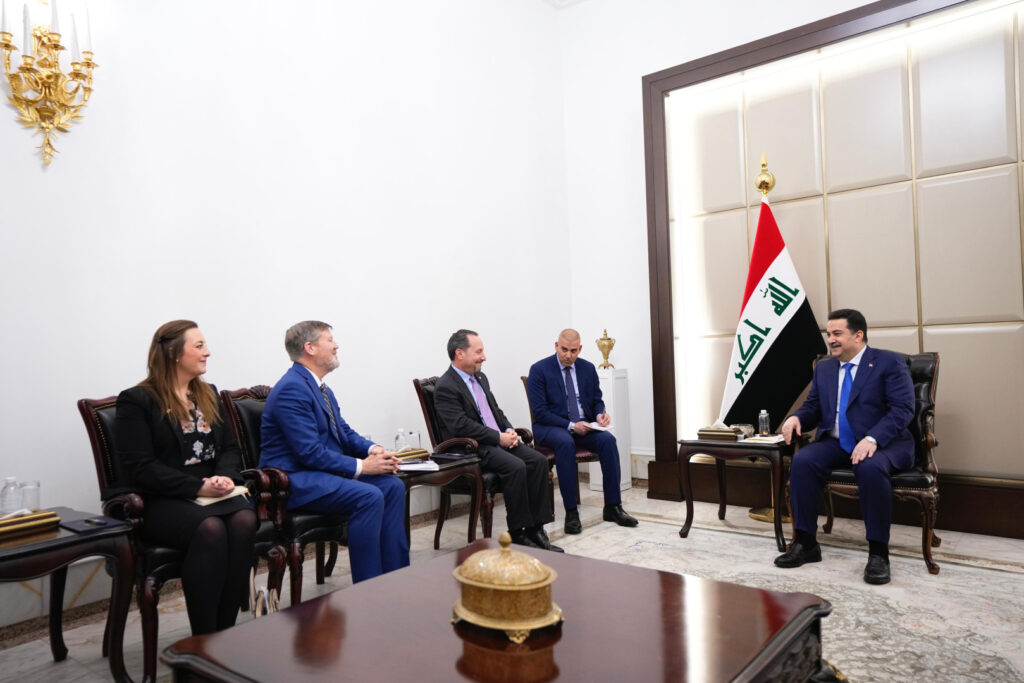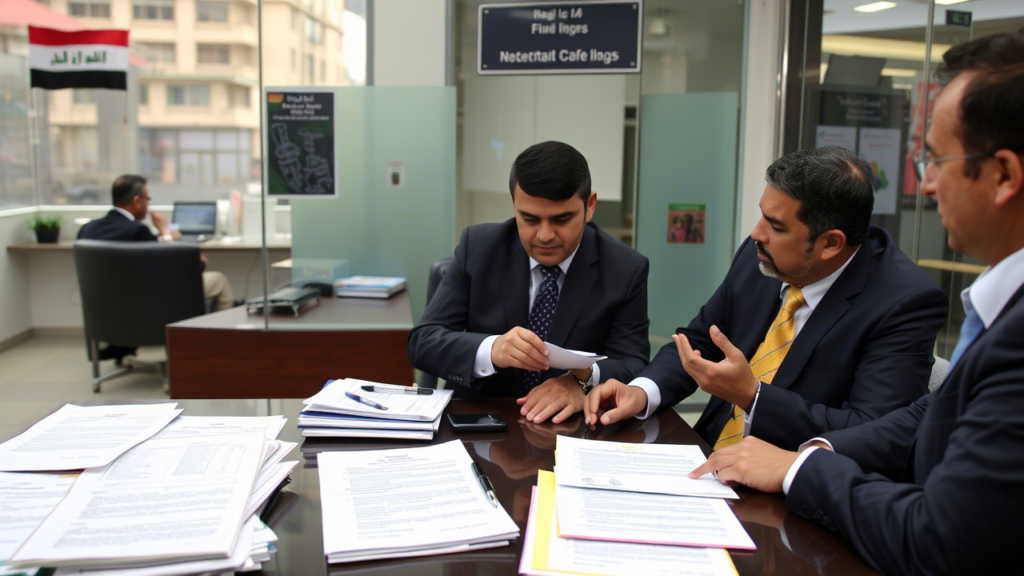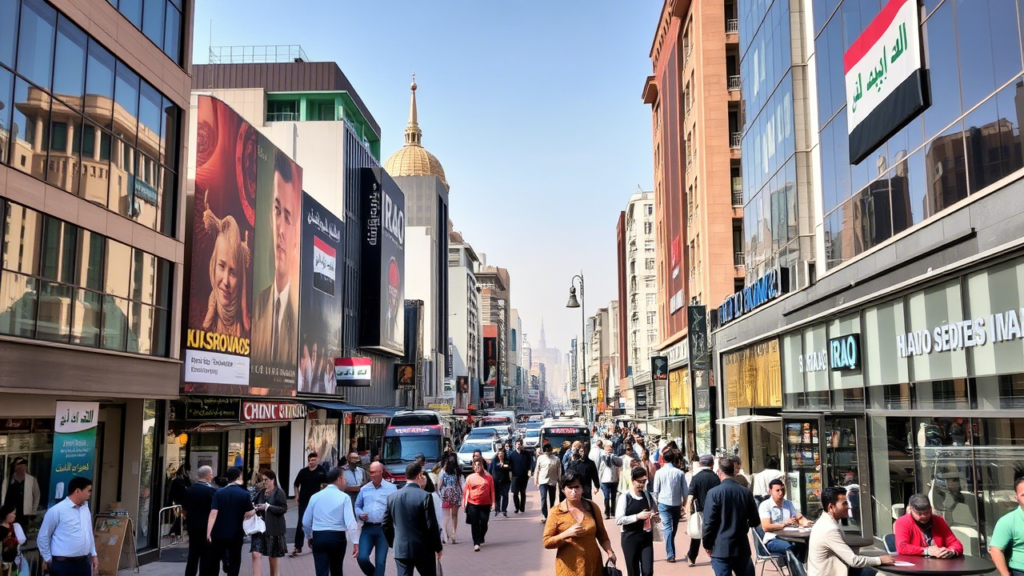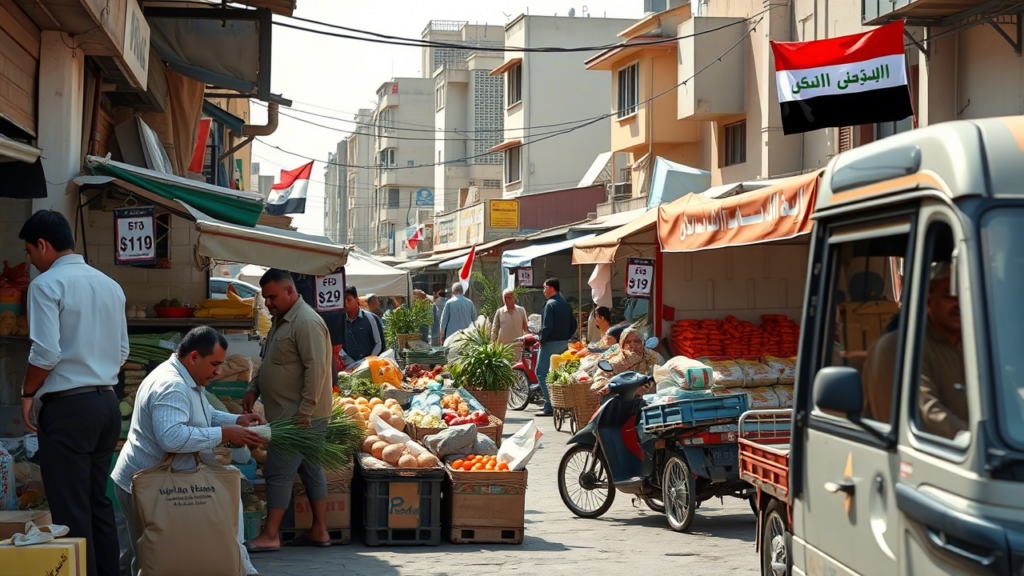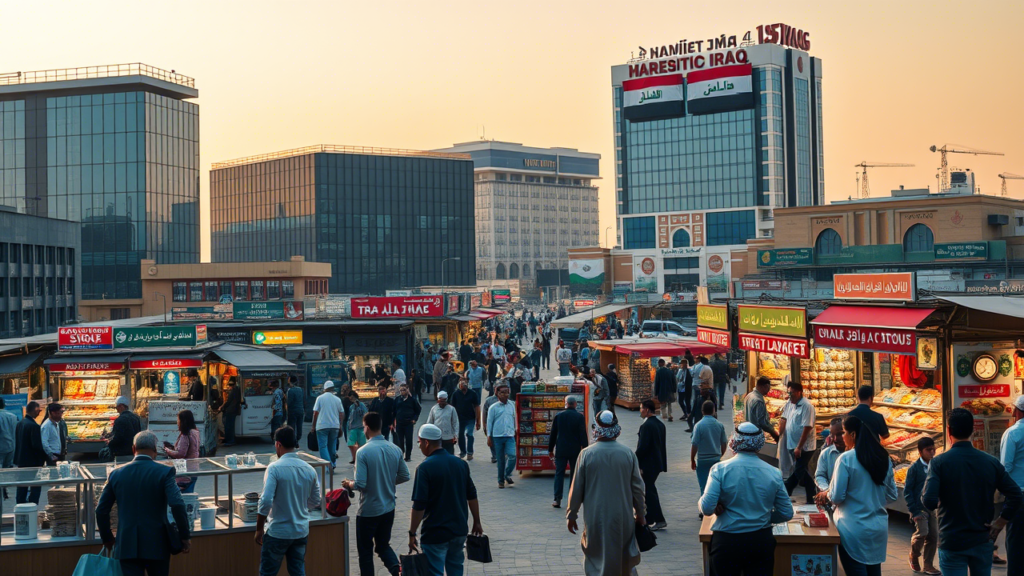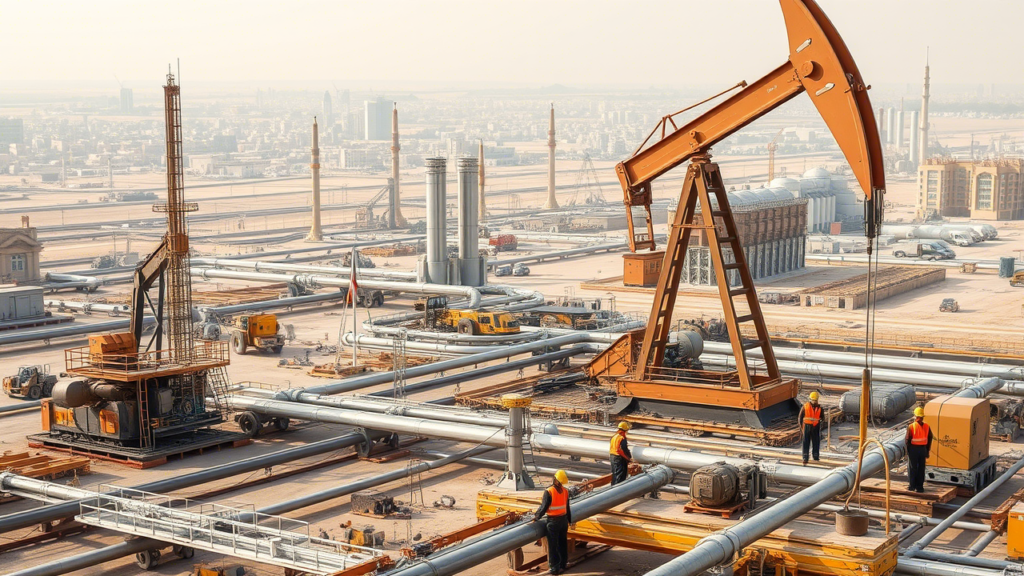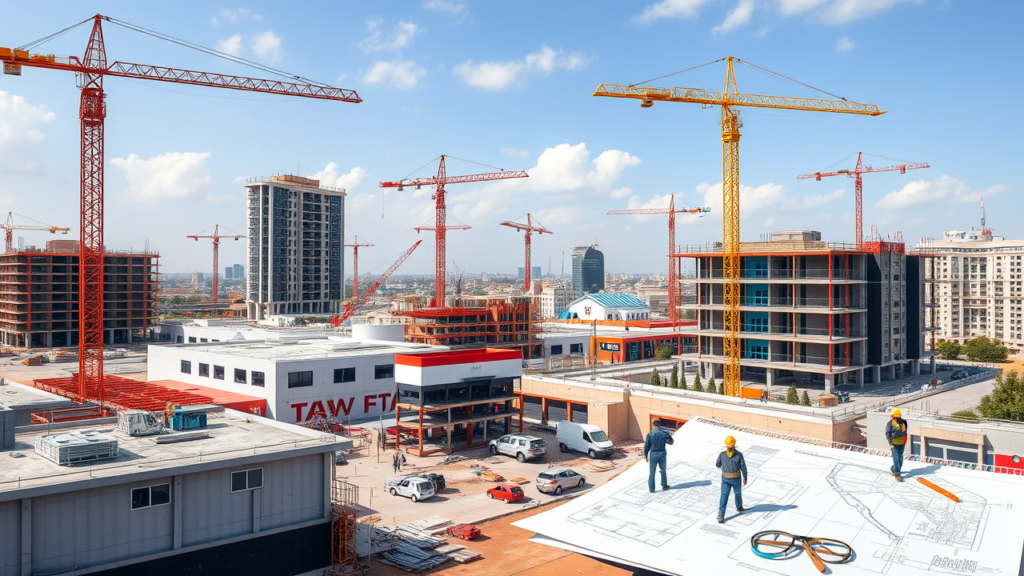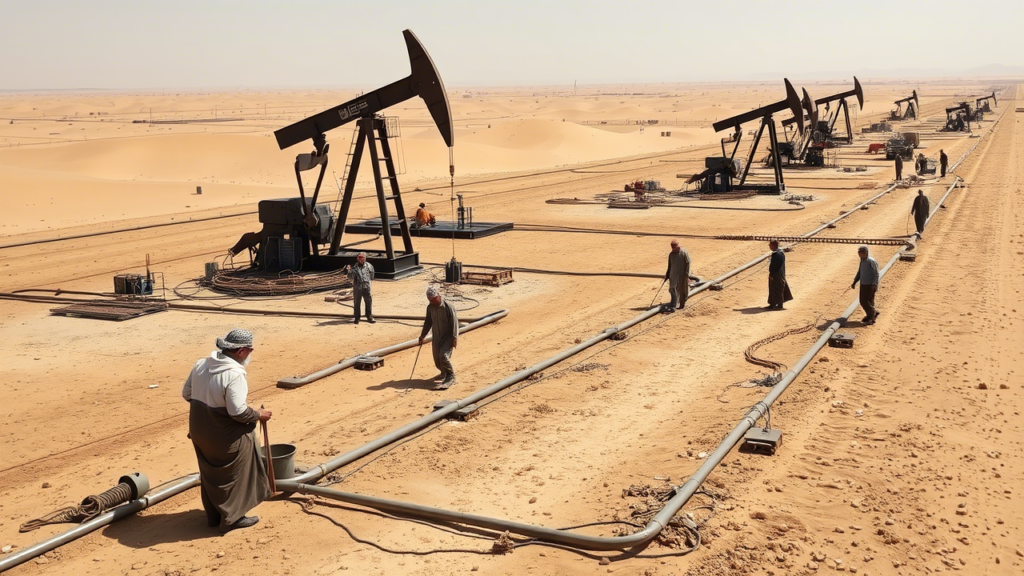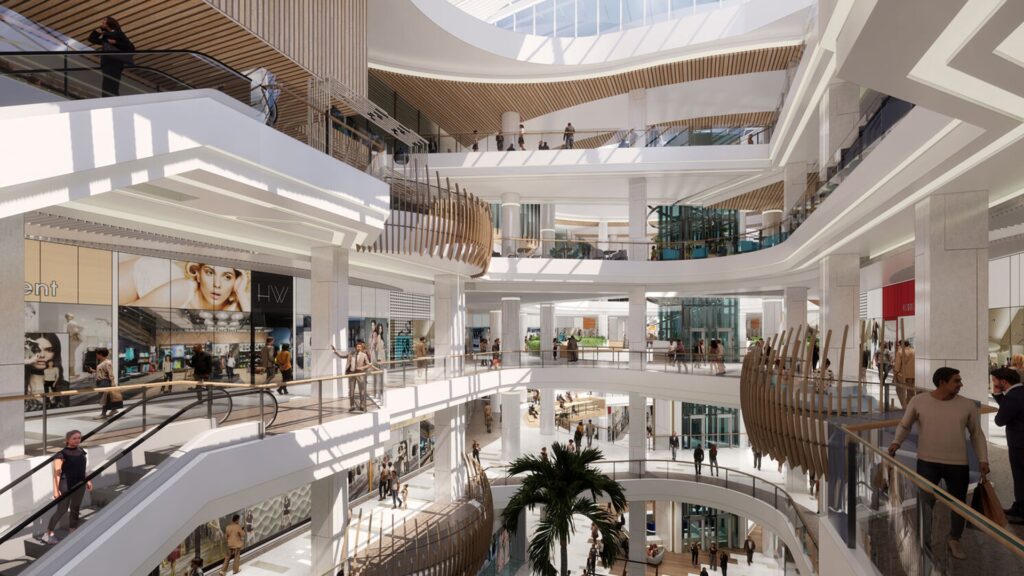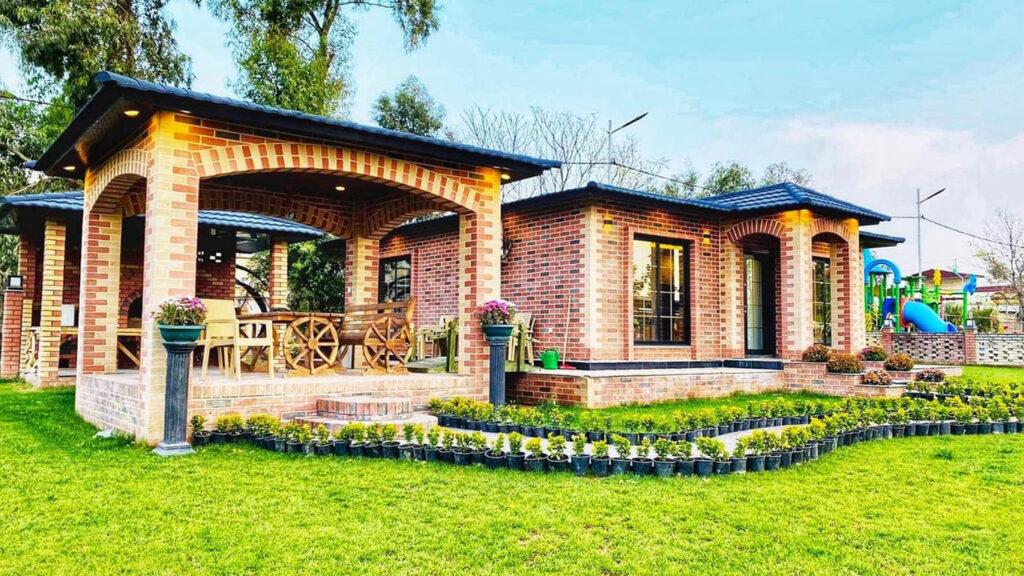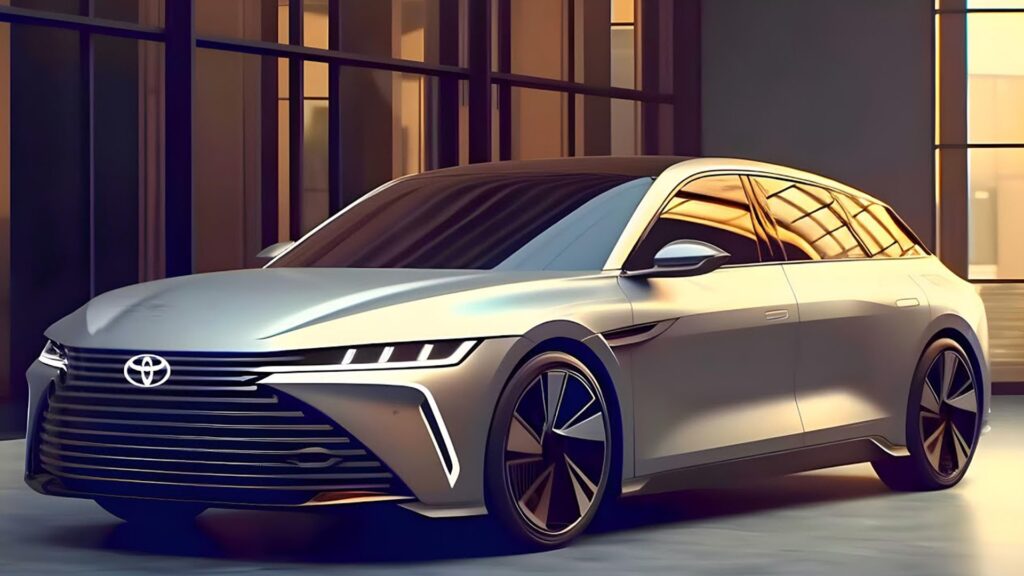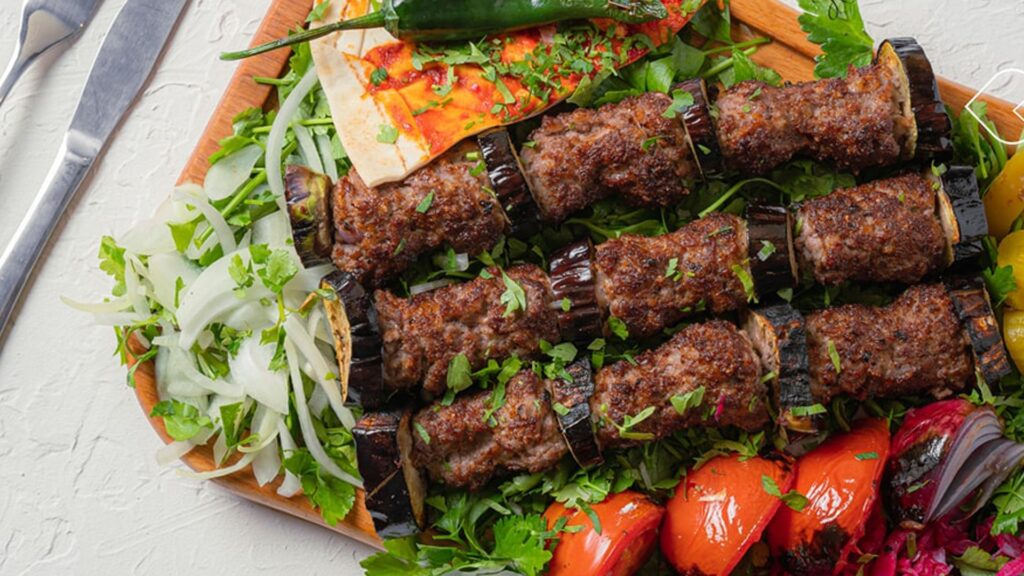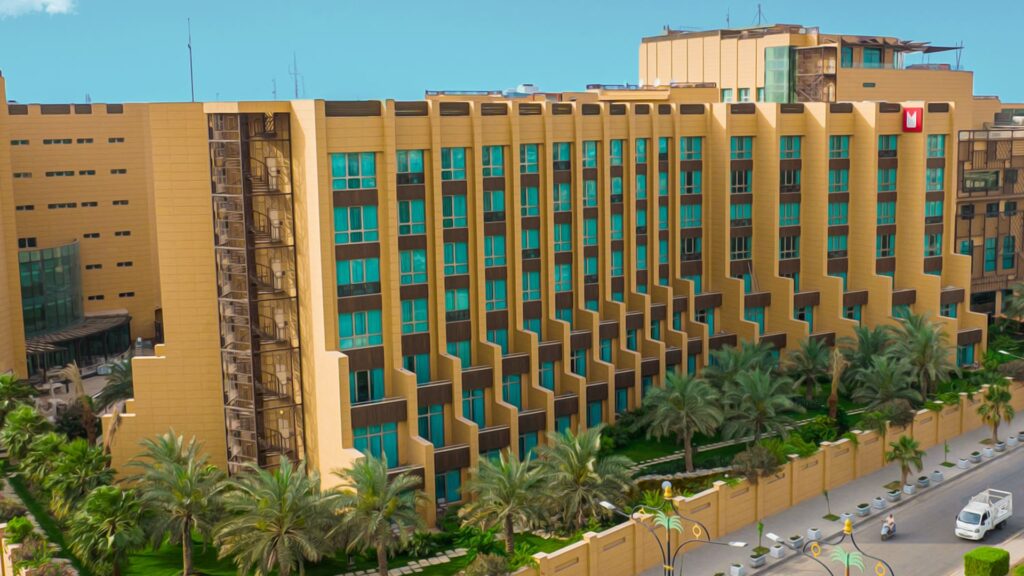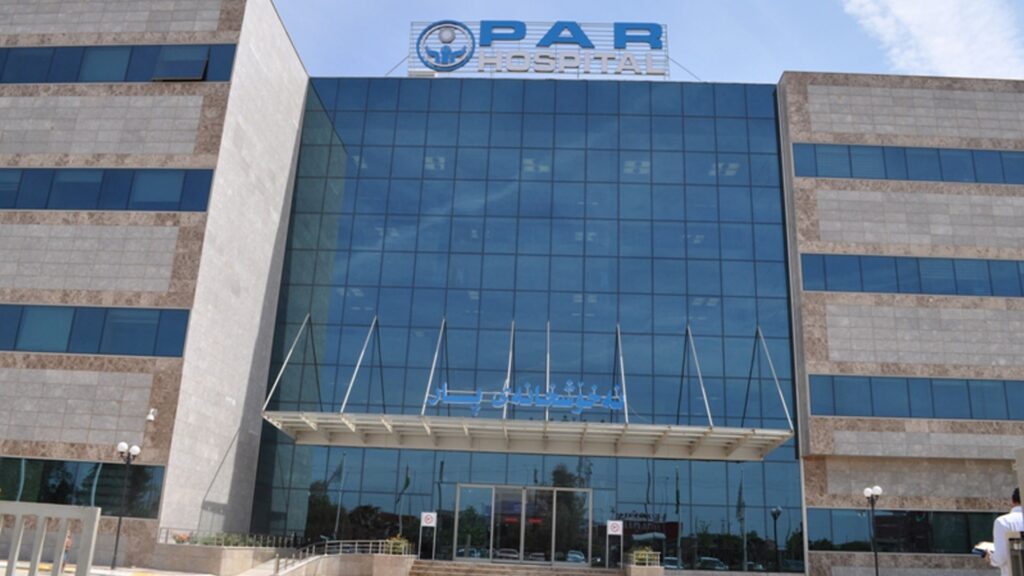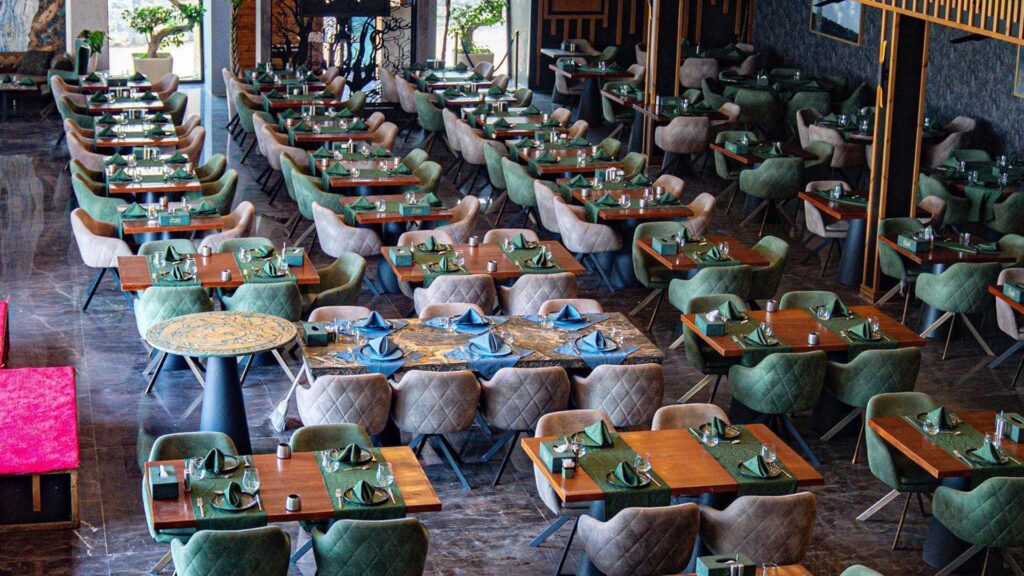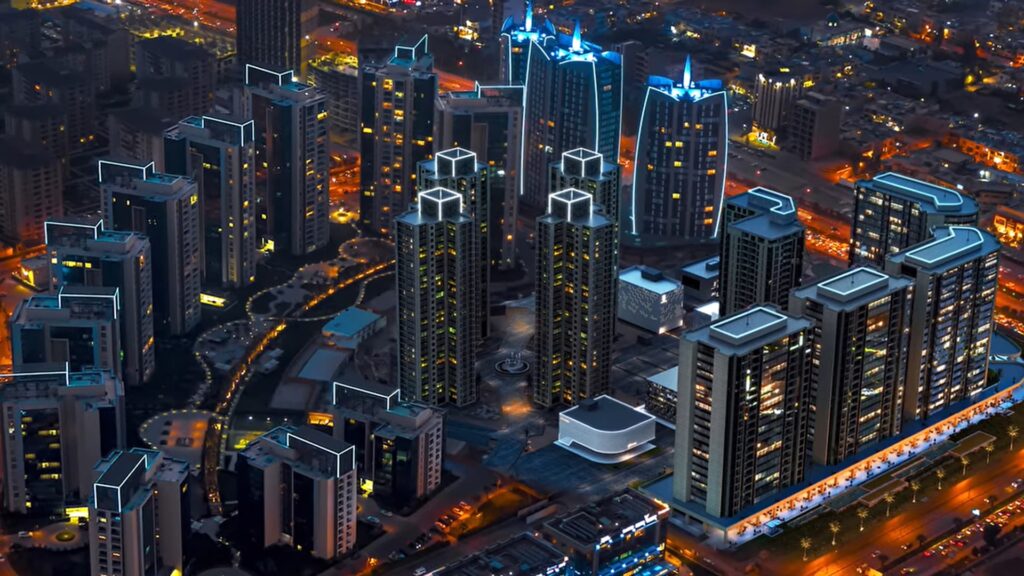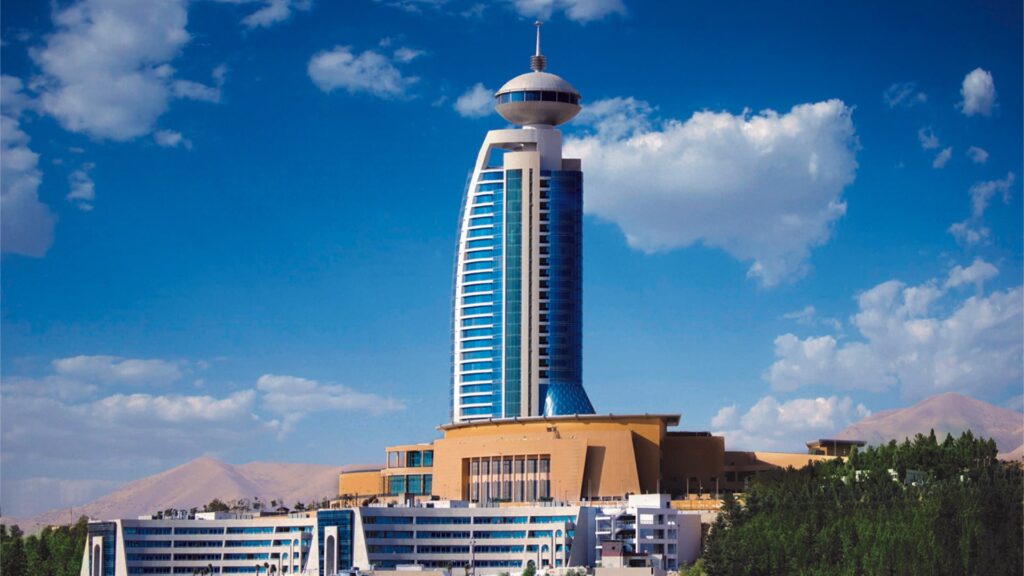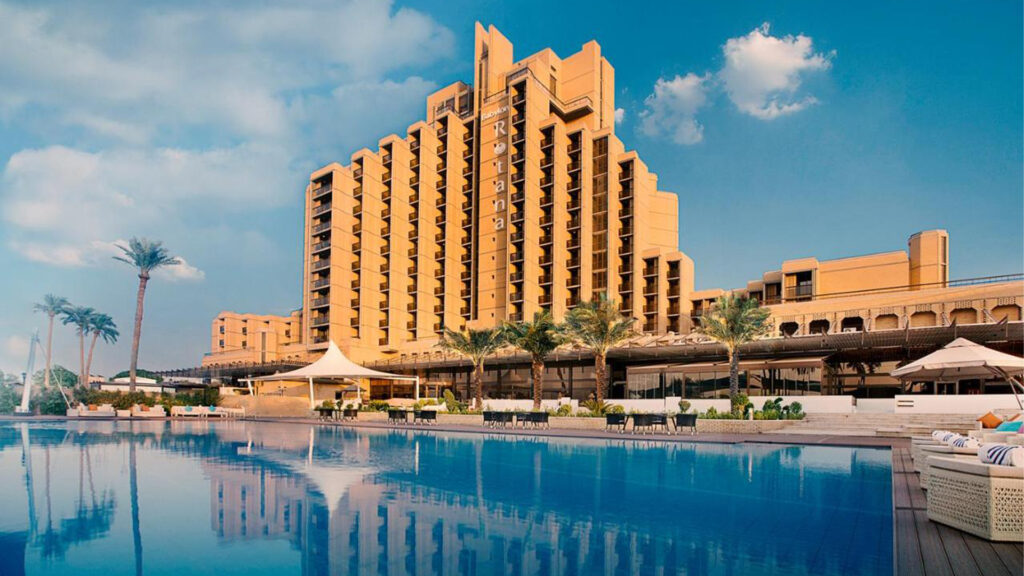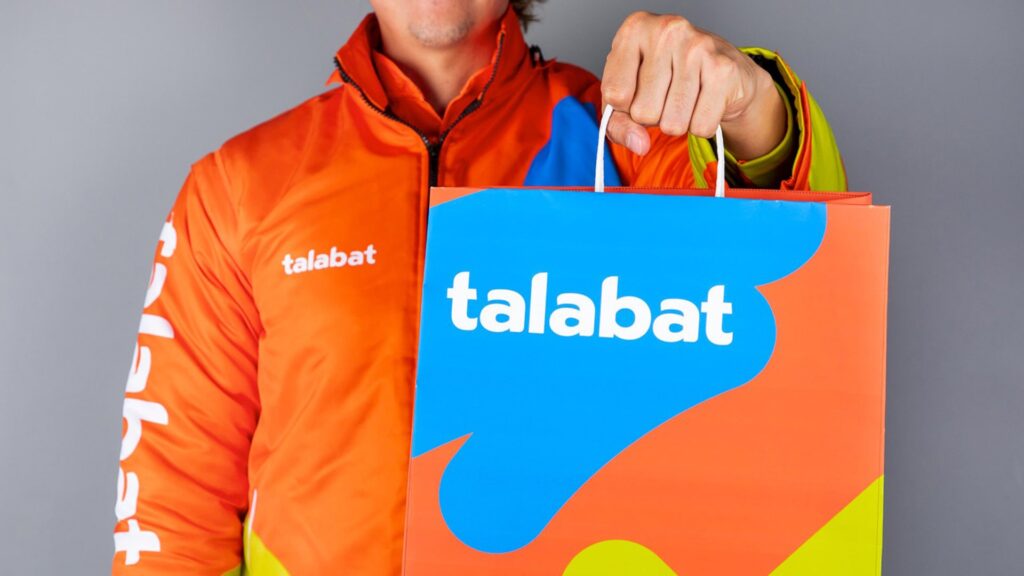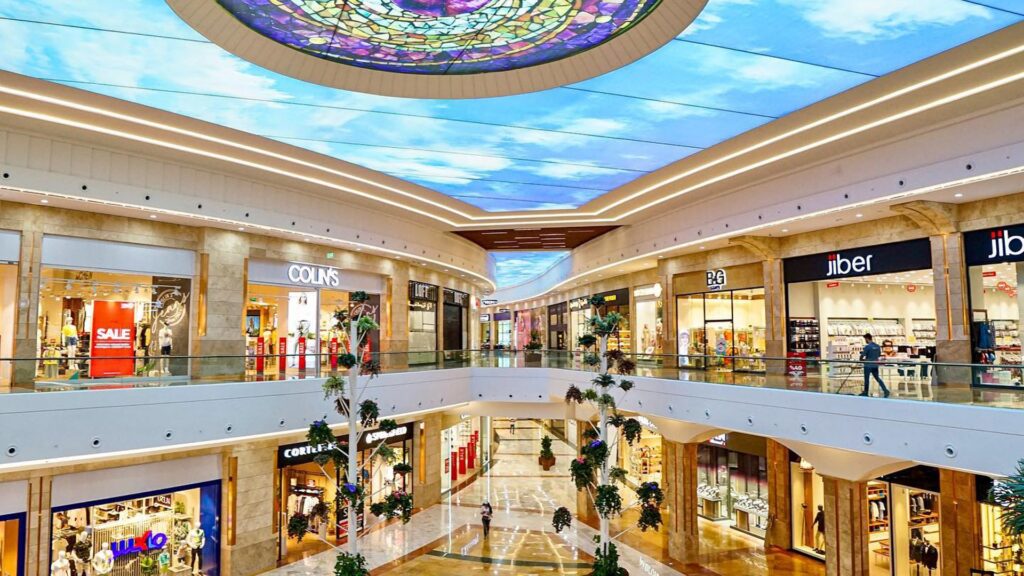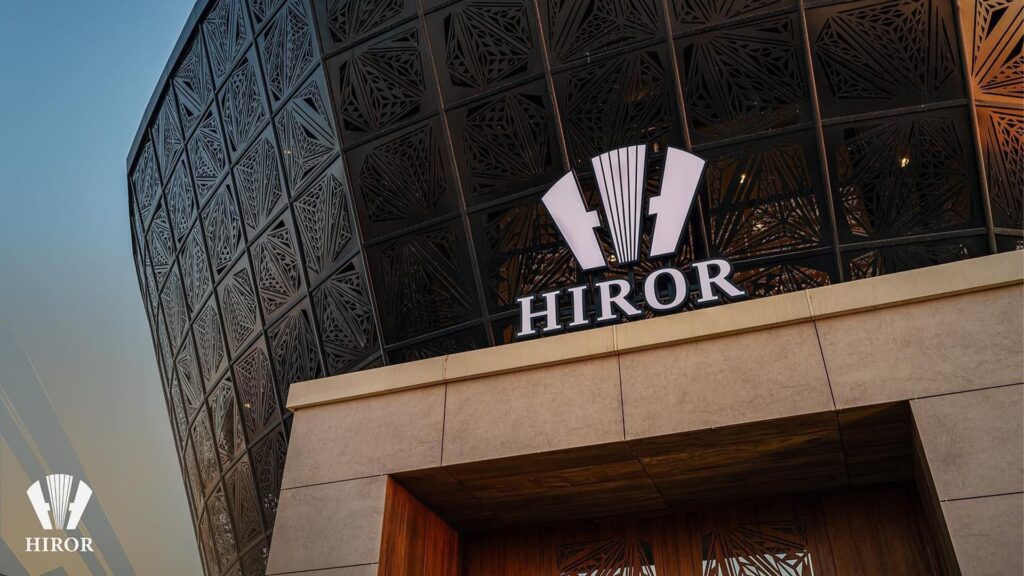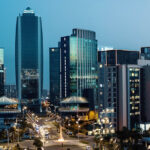How Wealthy is Erbil Compared to Other Iraqi Cities?
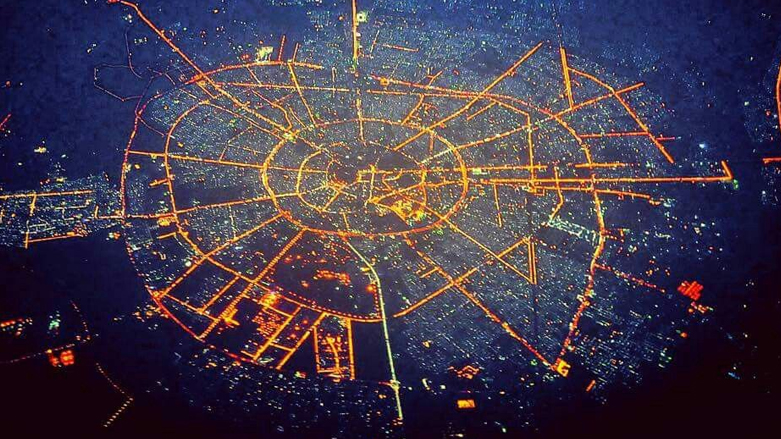
How Wealthy is Erbil Compared to Other Iraqi Cities?
Introduction
When discussing the economic landscape of Iraq, few places stand out quite like Erbil. As the capital of the Kurdistan Region, Erbil has experienced significant growth and development in recent years compared to other Iraqi cities. But just how wealthy is Erbil? In this article, we will explore Erbil’s economic situation, comparing it to other major Iraqi cities, and providing insights into why Erbil is often considered a beacon of economic progress within Iraq.
Understanding the Economic Landscape of Iraq
Before diving into the wealth comparisons, it’s essential to understand the broader economic context in which Erbil operates. Iraq, after decades of conflict and political instability, is currently navigating a complex economic terrain. Key factors influencing the economy include:
- Oil Revenue: Iraq is one of the largest oil producers in the world, and its economy heavily relies on oil exports.
- Political Landscape: The relationship between the Kurdistan Regional Government (KRG) and the federal Iraqi government significantly affects economic policies and investments in the region.
- Infrastructure Development: Post-2014, there has been a push towards rebuilding infrastructures, particularly in Kurdish regions.
Economic Performance of Erbil
1. Key Economic Indicators
Erbil’s wealth can be measured through several key economic indicators. According to recent reports, Erbil boasts:
- GDP Growth: While Iraq’s GDP has fluctuated, Erbil has seen a more stable growth rate due to its relative political stability and investments in infrastructure.
- Foreign Investments: The city has attracted significant foreign investments, particularly in sectors like real estate, hospitality, and construction. This influx of capital has bolstered its economy.
- Employment Opportunities: With numerous businesses setting up in the region, employment opportunities have increased. The city’s job market is healthier than many other Iraqi cities, with lower unemployment rates.
2. Real Estate Boom
One of the most tangible signs of Erbil’s wealth compared to other Iraqi cities is the real estate boom. The city has experienced a rapid increase in property values, with many foreign companies setting up their operations in gleaming new buildings and luxurious hotels. For example:
- High-Rise Buildings: Erbil’s skyline is dotted with high-rise offices and luxurious apartments, which is uncommon in other Iraqi cities like Baghdad.
- Luxury Amenities: Shopping malls, international schools, and hospitals have sprouted up, making the city more attractive to expatriates and locals alike.
Comparison With Other Major Iraqi Cities
When comparing Erbil to other Iraqi cities, particularly Baghdad, Basra, and Mosul, several key differences emerge.
1. Baghdad
As the capital of Iraq, Baghdad has historically been the economic hub. However, ongoing security concerns and infrastructure challenges have impacted its growth negatively. Key points of comparison include:
- Economic Instability: While Baghdad’s GDP is higher due to its vast size and oil revenues, recent instability has hampered growth.
- Quality of Life: Erbil often ranks higher than Baghdad in terms of quality of life, with better public services and security.
2. Basra
Basra is Iraq’s oil capital and has substantial oil wealth. However, it has faced significant challenges:
- Infrastructure Issues: Unlike Erbil, Basra struggles with public services and infrastructure.
- Pollution and Unrest: Ongoing protests due to living conditions and poor services have affected its economic climate.
3. Mosul
Mosul has historically been an economic hub, but it has faced severe setbacks due to conflict:
- Post-Conflict Reconstruction: Significant rebuilding efforts are underway, but the city lags economically compared to Erbil.
- Trade Opportunities: While Mosul has the potential due to its strategic location, ongoing recovery from conflict makes it less wealthy than Erbil currently.
Insights into Erbil’s Economic Growth
1. Tourism Potential
Erbil is positioning itself as a tourist destination with its rich history, cultural heritage, and natural beauty.
- Historical Sites: The ancient Citadel of Erbil and various archaeological sites attract both domestic and international tourists.
- Growing Hospitality Industry: Investment in high-end hotels and entertainment venues supports economic growth.
2. Multicultural Environment
Erbil’s diverse populace contributes to its economic dynamism, with various cultures and communities enriching its business landscape.
- Cultural Hub: The blend of different traditions promotes creativity and innovation in local businesses.
3. Education and Human Capital
A focus on education has improved Erbil’s human capital, with universities and vocational schools providing a skilled workforce for various industries.
- Higher Education Institutions: The presence of several universities attracts students from the region and helps cultivate a more knowledgeable society.
Conclusion
In conclusion, Erbil represents an exemplary model of economic growth in Iraq. Its wealth level, as compared to other Iraqi cities, is influenced by its political stability, ongoing investments, and strategic initiatives to improve quality of life. While cities like Baghdad and Basra hold significant economic potential due to their resources, the factors affecting their growth present challenges that Erbil has managed to circumvent.
For those interested in exploring more about Iraq’s economic landscape or investing in regions like Erbil, now is an opportune time to engage with this vibrant city.
Call to Action
Interested in learning more about economic opportunities in Erbil? Consider researching local investment options or reaching out to experts in Iraqi markets to discover how you can be part of this growing city’s success.


